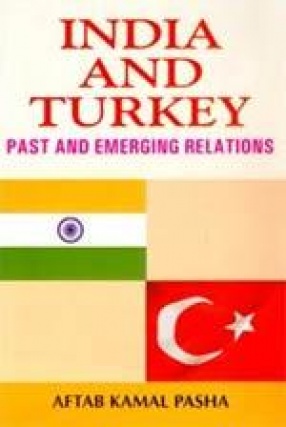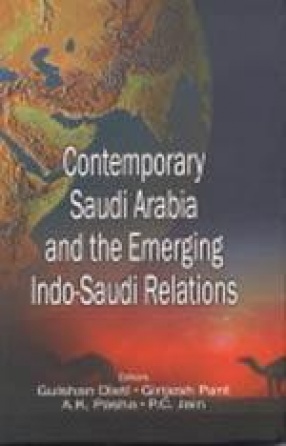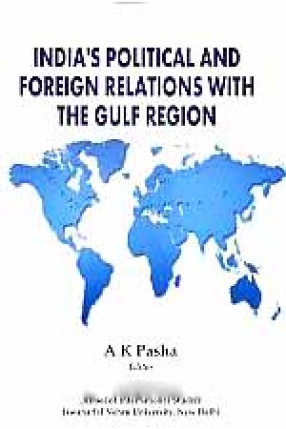India and Turkey: Past and Emerging Relations
Synopsis
The Ottomans established one of the mightiest Muslim Empire. Despite the Mughal Empire in India, some Indian Rulers looked towards the Ottoman Sultan. The study examines the reasons which propelled Tipu Sultan and others to approach the Ottomans for help as also the British role at the Sublime Porte and Mughal Court. Despite Turkey’s defeat, division and abolition of Monarchy and Caliphate after the First World War, Indians (Muslims) launched the Khilafat movement to restore what Attaturk rejected. It dwells on why the Congress Party supported the Khilafat movement, despite Mahatma Gandhi and Jawaharlal Nehru’s admiration for Attaturk’s policy of secularism and modernization. Soon after India’s independence Nehru and Maulana Azad took steps to establish ties, but Turkey choose the West. India’s non-aligned policy and opposition to military alliances and a host of other issues, prevented Indo-Turkish ties from growing. The Cyprus issue, Turkey’s support to Pakistan on Kashmir and frequent military interventions in Turkish political system also dampened the atmosphere. This modest work makes an attempt to critically examine some of these issues in the Turkish foreign policy perspective impacting on its ties with India. The book describes in some detail the background of setback to Turkey’s efforts to join the EU, the Iran-Iraq war, Kurdish nationals, coupled with Turkey’s disenchantment with the US and mounting economic challenges, and Turgut Ozal’s visit to India in 1986 which led to a major breakthrough in bilateral ties. The historic developments in 1991 linked to the end of cold war strongly motivated both the countries to work for closer relation. The book seeks to outline changes in foreign and economic policies of both the states since 1991 as also to critically analyze the political, strategic, cultural, economic and trade policies. The Cyprus issue, Arab-Israeli conflict, terrorism, Israel, OIC and Kashmir, Afghanistan, Iran-Iraq war, defense and cultural co-operation and many other issues have also been very briefly but objectively discussed in the book. This book has both historical relevance and contemporary significance and would be of particular interest to historians, political scientists, specialists as security and peace studies, policy makers and others interested in West Asian Developments
Read more
31.50
28.35
$
35.00 $
Free delivery Wolrdwidе in 10-18 days
Ships in 1-2 days from New Delhi
Membership for 1 Year $35.00
Get it now and save 10%
Get it now and save 10%
BECOME A MEMBER










Bibliographic information